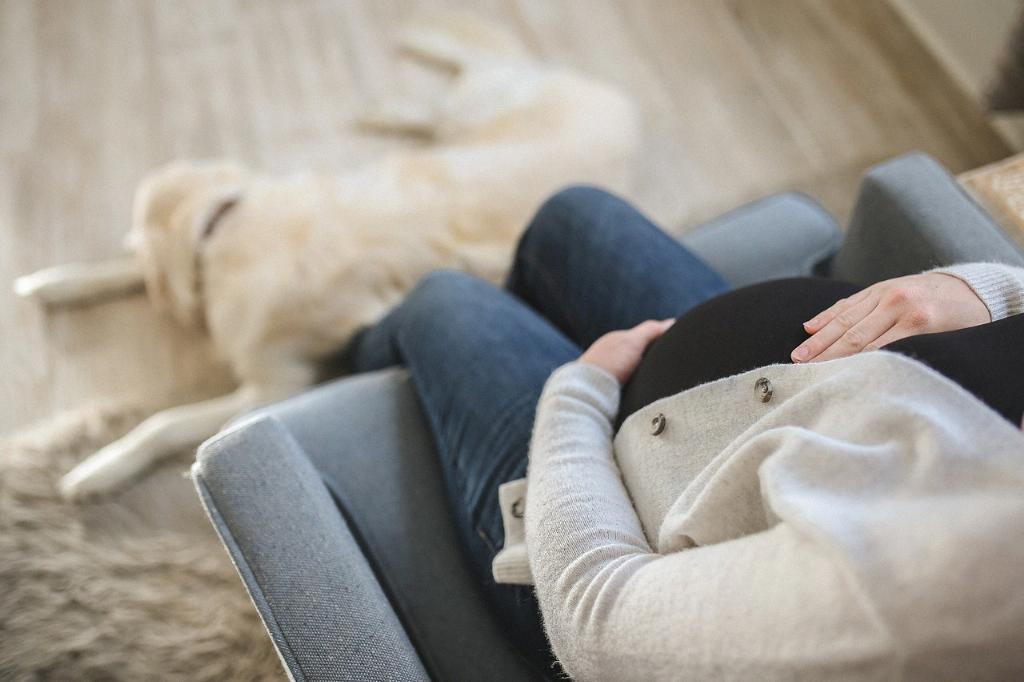When it comes to the safety of consuming protein shakes during pregnancy, it’s important to consider a few key factors. While protein shakes can be a convenient source of nutrients, especially when you’re on the go, it’s essential to ensure that the ingredients in the shake are safe for both you and your baby.
Protein shakes are generally considered safe when consumed in moderation as a part of a well-balanced diet during pregnancy. They can provide an additional source of protein, which is essential for the growth and development of your baby. However, it’s crucial to choose a high-quality protein shake that is free from any harmful additives or ingredients.
It’s always recommended to consult with your healthcare provider before incorporating protein shakes into your diet during pregnancy. Your healthcare provider can provide personalized advice based on your individual health status and dietary needs. They can also help you determine the appropriate amount of protein intake for your specific pregnancy requirements.
While protein shakes can be a convenient option for increasing protein intake, they should not be relied upon as the primary source of nutrients during pregnancy. It’s important to remember that a well-rounded diet consisting of a variety of foods from all food groups is crucial for optimal health and nutrition for both you and your baby.
Some protein shakes may contain ingredients or additives that are not recommended during pregnancy. It’s essential to carefully read the labels and avoid shakes that contain any questionable substances. Opt for protein shakes that are specifically formulated for pregnant women or consult with a nutritionist for recommendations.
When choosing a protein shake during pregnancy, opt for ones that are made from natural, whole food ingredients. Avoid shakes that contain artificial sweeteners, excessive sugar, or any ingredients that are difficult to pronounce. Prioritize shakes that are free from preservatives and artificial colors.
Protein shakes can be a convenient post-workout snack or a quick breakfast option for busy mornings during pregnancy. However, it’s important to remember that whole foods should always be the foundation of your diet. Incorporating protein-rich foods such as lean meats, poultry, fish, legumes, nuts, and seeds is also important.
While protein shakes can be a useful addition to your diet during pregnancy, it’s important to consume them in moderation. Excessive intake of protein shakes can lead to an imbalance in nutrient intake and may not be beneficial for you or your baby. Aim to incorporate protein shakes as part of a varied and balanced meal plan.
It’s crucial to monitor your overall protein intake from all sources, including protein shakes, to ensure that you are meeting your daily requirements during pregnancy. Protein is essential for the development of your baby’s organs, muscles, and tissues, so maintaining adequate intake is key for a healthy pregnancy.
If you experience any adverse reactions or discomfort after consuming protein shakes during pregnancy, it’s important to discontinue their use and consult with your healthcare provider. Your healthcare provider can help you identify any potential allergies or sensitivities to the ingredients in the shakes.
In conclusion, protein shakes can be safe to consume during pregnancy when chosen wisely and consumed in moderation. They can offer a convenient way to increase your protein intake, but they should not replace whole foods in your diet. Prioritize high-quality, natural protein shakes and consult with your healthcare provider for personalized guidance.

